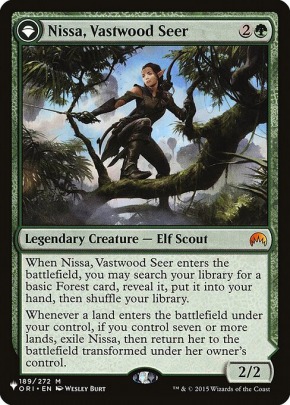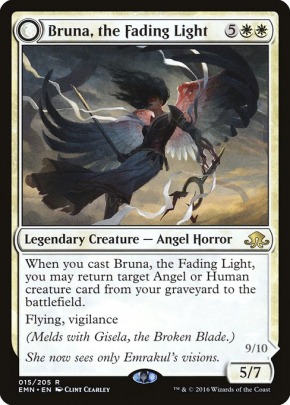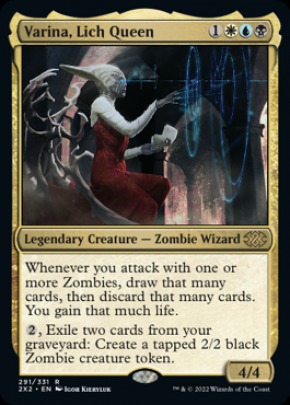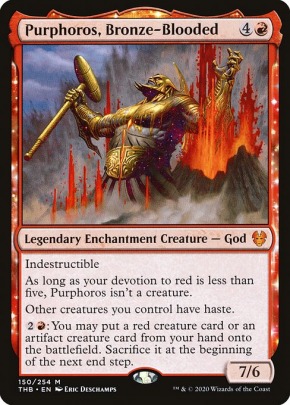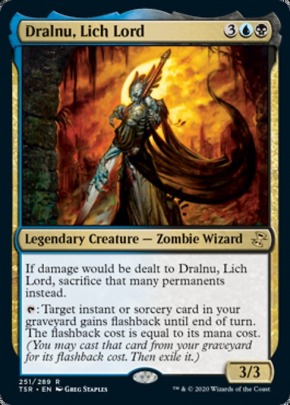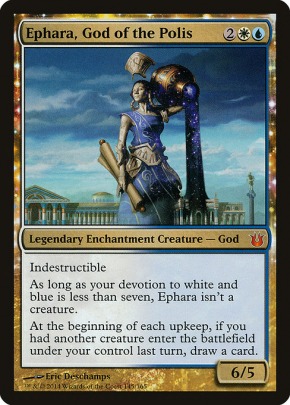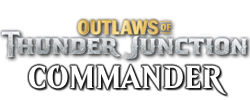I think the things that are problematic about loot boxes - the way they prey on addiction, the way they prey on children, the way random rewards can be psychologically manipulative - are absolutely present in booster packs. I don't think being digital vs physical goods makes a difference to those elements. I also think the goods being sellable doesn't make a difference to those elements. If anything, it makes it worse since it can become outright gambling, whereas with unsellable goods at least you know you're throwing the money away, and you're not going to keep buying in the hopes of lucking your way out of the hole.ilovesaprolings wrote: ↑3 years agoI mean... yes? Otherwise we should also consider gacha machines loot boxes? Raffles? Many other "random" things that are decades-old?
The problem with loot boxes is that you usually can't use the thing you win (the games where skins are tradable/sellable are a minority) and that the prizes are exclusively found in the loot boxes, forcing you to gamble instead of directly buying.
Not of these points is true for booster boxes.
If someone don't think these things matters and is against loot boxes only because they are "random" are either too detached with reality or arguing for the sake of arguing.
The goods being BUYABLE does make a difference. It's very possible to play magic and never crack a booster pack thanks to the secondary market. Of course, that's not true for MTGA, but we're talking primarily about physical boosters. I'm not sure there's a good argument to be made that MTGA boosters aren't loot boxes. While this feature of physical cards being buyable certainly makes magic as a whole a better game, I don't think it makes booster packs not loot boxes, just because an alternative also exists.
Not sure what you mean about "you usually can't use the thing you win". Like for games where skins apply to specific characters or whatever? How is that not true for magic? You're trying to build a mono-red deck and you open a blue rare, for example? Feels absolutely core to booster packs tbh. At any rate, while this is an annoyance of loot box systems, I don't think it's part of the conceptual problem with them - at least, not beyond the simple fact that you aren't outright buying the product you want. Even if you were guaranteed to get skins that you could use with your chosen character, loot boxes could still easily achieve the same psychological ends by making specific skins more desirable and motivating players to buy more loot boxes for a chance to get them. Or simply making skins incredibly piecemeal where you have to get dozens of pieces to build a full outfit. But maybe I'm misunderstanding what you're saying?
I don't know what a gacha machine is - raffles are gambling, but they aren't loot boxes because there's usually only one opportunity to get the thing, and you either get it or you don't. There's no "ah, crap, I didn't get it...well, what's another $2?" until you've spent thousands, like can happen to addicts in loot box systems. If someone had a raffle for something valuable, and then kept doing it over and over, giving people the opportunity to gamble over and over for the thing they wanted, then maybe it'd be kind of close to how loot boxes operate psychologically, but most raffles don't operate that way.


